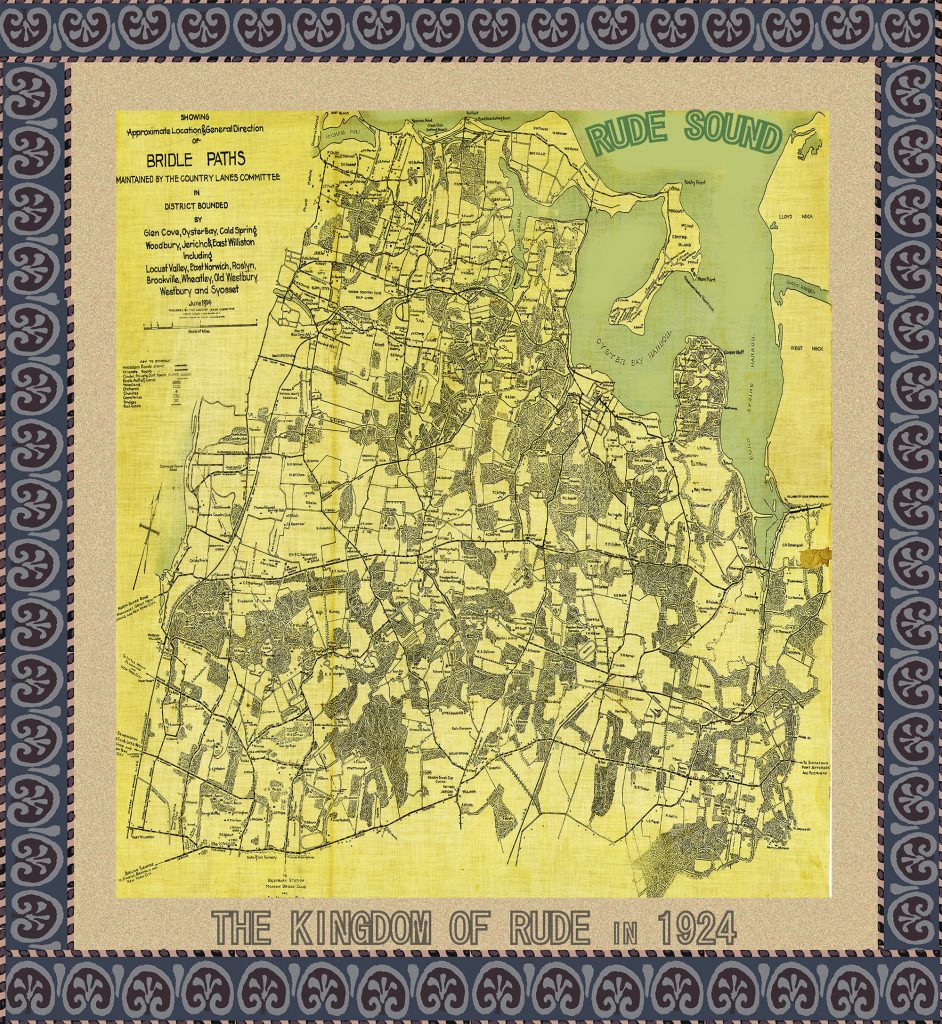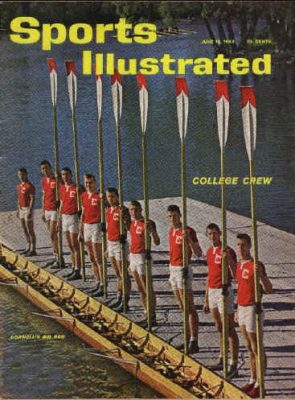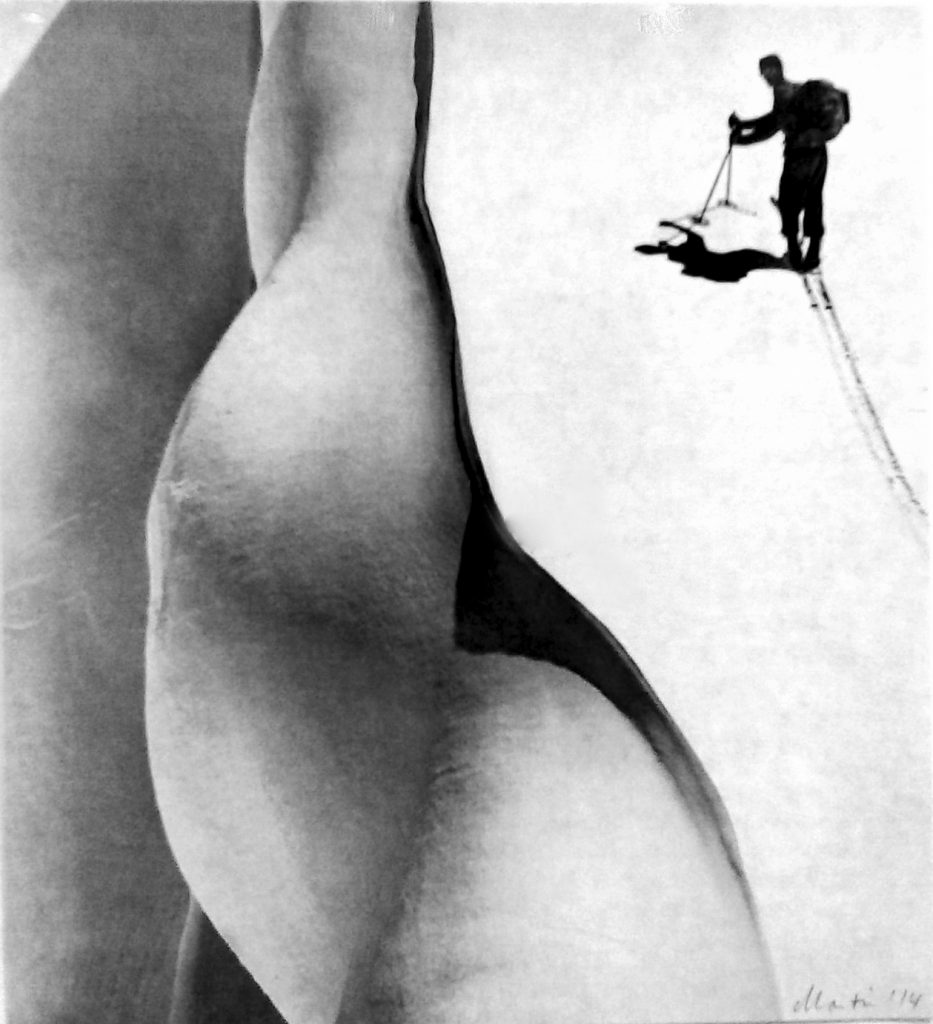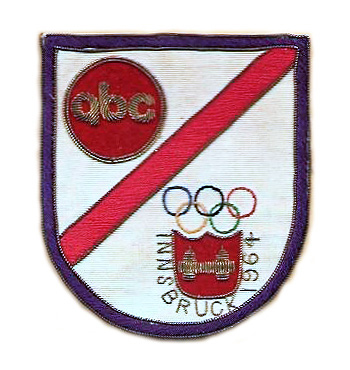Rude Books by a Rude Author
R. Bacon Whitney, the Author of the pictures books and their cover above, IS NOT IN ANY OBJECTIVE SENSE Robert Bacon Whitney, the sometimes distinguished, sometimes venerable Publisher of Bardot Books. For sure Bobby — a.k.a. Little Bobby (inset), Crazy Bob at hockey, the Sleek Greek oarsman and the Klütch, the Downhill alpine skier — has been published by Bardot Books in collaboration with Small Batch Books of Amherst, Massachusetts. The three principals are proud to have done so, even as we’ve discontinued 1965’s Rude at Rowing: 1964’s US8s, an Annal of the 1964 modern Olympiad held at Tokyo for its Summer Games. That book has been ingested the contents of Rude at Olympics: An Annal of Trials and Tribulations.

Rude at Rowing: In Reverse of Decline, the Book that’s inset second from the left as illustrated above, is going to become an e-Book with a novella-length opus preceding its contents. That thrilling work-of-art shall be entitled Rude at Sports: Before My Myth & Legend. It shall be a primer about the kingdom of Rude as an ingenious exercise in modern cultural anthropology, in the prehistory of American Elites and about the social stratification beneath the Utterly Rich of the World’s Greatest Republic. The infamous kingdom still stands to mean for the Disunited States of America, a now dissolute nation of mutts screaming endlessly about our many means to their victimization.

Hopey at 3
Notwithstanding those heads-up, the Author’s use of the first person to narrate humorously his two faux memoirs and a bildungsroman leads onward to two annals of sports historic fiction: (1) About the 1964 Winter and Summer Olympic Games; and (2) a polemic novel about the winter and summer of 1965 as the sports world undergoes the first progression of corrupting amateurs in the Rowing and Alpine Skiing Sports. The last Rude Book, still in late drafting but for inclusion in an e-Book, would have R Bacon Whitney a fictitious biographer of his first career pathway as he careened onward and began his full life retreat from his 1940s and 1950s Rude existence. A perky scion prince pearly top out of Grand Duchy Southwest of the kingdom of Rude he’s somewhat a bystander. Because, notwithstanding all the cumulative inspiration owed to Bobby, the actual lore was originated by his brother Stevey. A luminary of the patrilineal Good Blood by the Welds, Whitneys, Saltonstalls, and Bacons of Boston & Vicinities, he conceptualized the North Shore of Long Island as composed of four grand duchies and their three prior sisters that got lost and destroyed by the Lousy Deal. Suffice that the Great Humongous Gestalt of Rude is wholly by Stevey’s ever-expansive imagination.
Bobby, by contrast, proves a grossly immature anti-hero, by comparison, has added judiciously to the lore primordial of the First Progenitor Rude Culture and First Great Sports Culture of Rude, both as attendant these Disunited States of America. Stevey and Bobby had many arguments over whether or not the Dominion was once partly united with our Greatest Republic as the States of North America while probing whether or not America per se stayed fractiously disunited until again rendered even more fractious after the Lousy Deal of the 1930s. This next book is going to be highly intellectual fodder for readers who think they cannot enjoy history of any kind.
Readers have to rely on themselves and osmosis at picking up the lore of Rude. Because a first part manuscript has been deferred publication about the childhood years of Stevey, Little Bobby and their Atalanta of a sister, Hopey. Suffice to say, they showed their Good Blood by the ancestral and maternal Welds and Saltonstalls by performing sentinel and defensive duties against Townies and the Trespassing from outside of the kingdom. For their paternal ancestry of Bacons and Whitneys placed them against such scourge with respect to the Grand Duchy Southwest of the kingdom. It appears the right side lower quadrant of the mapping that follows below. It’s the quadrant of sylvan splendor where the biggest woods, if not the biggest places, as the provided 1924 depiction would have the earliest kingdom of Rude. Of course we are illustrating Rude before the greatest urban planner of the City ever placed too much nasty attention upon strategic planning to ruin Nassau County, the Queen’s Burrow of the Idle Wilde, Flushing Meadows and Throggs’ Neck-of-the-Woods. That’s to use here the jargonize that wee-ones of Rude rendered to a cogent terminology, whereby as well the unique toponyms since the end of the Second World War.
Readers have to rely on themselves and osmosis at picking up the lore of Rude. Because a first part manuscript has been deferred publication about the childhood years of Stevey, Little Bobby and their Atlanta of a sister, Hopey. Suffice to say, they showed their Good Blood by the ancestral and maternal Welds and Saltonstalls by performing sentinel and defensive duties against Townies and the Trespassing from outside of the kingdom. For their paternal ancestry of Bacons and Whitneys placed them against such scourge with respect to the Grand Duchy Southwest of the kingdom. It appears above — the right side lower quadrant of the mapping that follows below. It’s the quadrant of sylvan splendor where the biggest woods, if not the biggest places, as the provided 1924 depiction would have the kingdom. Of course we are illustrating Rude before A greatest urban planner of the City ever placed too much nasty attentions upon strategic planning to ruin Nassau County, the Queen’s Burrow of the Idle Wilde, Flushing Meadows and Throggs’ Neck-of-the-Woods. That’s to use here the jargonize that wee-ones of Rude rendered to a cogent ULTIMATE terminology, whereby, as well, the unique toponyms since the end of the Second World War.


The Publisher’s paternal and maternal ancestry descended upon the City out of Boston & Vicinities, an Alien Culture to Rude ever since first emigrés. By the Good Blood fluxing four ways, the Bacon Whitneys we’re blessed to have a road named for the arch-matriarchal rowing Bacons and their patriarch Grand Rob, after whom Little Bobby is named and derives his athletic Indiagene, a.k.a. “My Gift” as he frequently dubs it. If you look carefully at the image above, you can discern Bacon Road as the roadway closest in parallel to a farthest lower left Guinea Woods Road. Because our part of those woods were by far the lushest and densest, the flatland cartographer has been especially careful at rendering them correctly.
“Rude has a lot more of lore to explore than most places,” as the saying goes, although our Rude Books are mostly about the kingdom’s precipitous decline in the late 40s as the Imperial State lost its Silver Age. By then Robmosis had built the Northern State Parkway, a landslide of eminent domain proceedings. He almost bisected away the Grand Duchy Southwest from the town of Westbury, the local entity for all the great places within Rude’s two southern Grand Duchies. He clearly didn’t like kingdom for its Mega-Elite and Utterly Rich, so Rude was easily picked apart as the only real kingdom of the Greatest Republic until Walt Disney built Disneyland and franchised afterwards a few replica kiddy kingdoms. What I’ve said so far about all that crass dissolution will have to suffice, and readers shall have to have sufficient savvy to figure out Rude from the contexts provided by this authoratative series of Rude Books.
The Olympic Summer Games and the Rowing Sport

THE 1962 CORNELL CREW
From the first Modern Olympiad in 1896, the Greatest Kingdom and the Disunited States vied for and shared the gold medals yields from the premier event of the Games — crew racing between the eight-oared shells by many nations. They alternated first wins until both were prevented from competing because their sponsoring boats clubs – the Leander Boat Club and the Vesper Boat Club, respectively—paid for their oarsmen’s efforts, wholly in violation of the Olympic Oath for amateur contenders. They were shunned for their brazenness. But that left the Rowing Sport open to college crews, despite that there was umbrage over the allowance of Olympic organizers to have professional coaches over their rowing programs. Navy, a.k.a the U S Naval Academy won the first gold medal by the colleges, and they repeated in 1952, as their great crew, “The Admirals,” — to whom all top rankers of the Navy paid homage by saluting the winning oarsmen before they could salute them back. Sic Transit Summa cum Gloria the Admirals!
Colleges won all the gold medals from the Summer Games until 1956, when the Olympic EIGHT-OARED EVENT was finally blessed by a great Yale crew at Melbourne. A great win, it was followed by a calamitous Summer Games AT ROME, IN 1960 - a greatest humiliation of the Greatest Republic’s Rowing Sport. The Navy again at representation, its third time, that crew came in last place on the Final’s Day for the eight-oared event. Lagging far behind Germany, they also were beaten for the first time by the Dominion, whose crew of Canadians won the silver medal. Other great shames were also realized, even if the Rowing Team of Crews did not leave Rome naked of medals in the small boating events. Still, there began at that instant the greatest resolve of National Association of the Amateur Oarsmen to make a glorious comeback at the Tokyo Summer Games to be held in the autumn of 1964.
The Series of RUde Books composes from the regatta years 1962 to 1964 as the Dude from Rude’s efforts to seat himself upon an Olympic trials Eight by 1964. For his efforts he won from Rude highest Ampro honors in the sport, a Summa cum Valore !
The Olympic Winter Games and the Downhill event of Men’s Alpine Skiing

Gold Medalist Carol Heiss at Squaw Valley, 1960
The Greatest Republic has never lacked for best men contenders in the World Cup Tour of Europe and Olympic Alpine Skiing events of the quadrennial Winter Games. Few Men’s Alpine Teams were winners of any medals whatsoever. Most of the glory at the Skiing Sport, therefore, went to very deserving women. The Men’s Alpine Team emerged naked of any medal from 1960’s Squaw Valley, California, a Winter Olympiad where the Greatest Republic hosted the alpine nations of the world, including for the first time communist nations. Greatly celebrated for the Greatest Republic’s gold medal Ice Hockey Team and the Figure Skating Stars, to go winless at Alpine Skiing in the men’s events had to be resolved as preventable in the future at all costs. No more Humble Pie!
Except, that is, the Greatest Republic began in the winter of 1960/61 to prove its U S Olympic Organizing Committee was utterly inept at staging a well-endowed, well-managed and accomplished recruitment program for male event specialists in the three events then staged by the Winter Games at Alpine Skiing.

Stunt Set Up by Klutch
Pause here for a flashback to 1953, when the Dude from Rude, a scion prince-pearly-top, lost his Dad to a perfect murder on Christmas Eve of that year. Howling his outrage over the Old Westbury Police Force, his widowed Mum bribed him to shut up by giving him and his brand new pair of skis a ski trip to Stowe, Vermont. He had tried them out on a tall, quite steep local hill, where a springtime cascade, annually most profuse, of Daffodils and Jonquils. Hazarding a deep new snowfall, he schussed the slope lickety-split. While utterly terrified for the first-try-ever incident, he had a positive traumatic epiphany over his innate sports-Talent at Alpine Skiing, its Downhill racing event beckoned him in particular. He learned of his Indi-gene, whereby a gift of Balance-as-Dalliance, Straight-on Smack Attack and fearless Daring-Doo-Doo at peering down great heights and steeps of terrain. Too young, too gangly and still too weak to appreciate the impetus to greatness at his sport-Talents for the Downhill racing, the only way he could best progress was by abandoning all form and technique by faddist recreational Skiing. By the values that niche of Alpine Skiing disposed to beginners, intermediates and expert skiers, his fellow Americans came out chicken-shits. Instead, and through most fortuitous coaching, he skied exclusively at straight piste racing at least best-carved turns while accomplishing least swerves as well by shüssing slopes howsoever steep, and mostly precipitous.
Still he was far from any Olympic aspirations as were earliest possible for him, even while he lacked nothing short of absolute scorn for the Greatest Republic’s Downhill racers after all their losing during past Winter Olympiads. He despised their obvious cowardice, their lack of Daring Doo-Doo and Top-Speed-as-Top-Creed, too. The event specialists wimped out even though their form and technique proved most daring at powder skiing off the steepest and deepest of pristine new snowfalls. At straight alignment to a race course’s piste of packed snow run, however, those same gutty guys were far behind the winning times of their European and World Cup counterparts.

Yeeks
Flash-forward to the winter of 1961, after many winter and spring vacations at honing his best racing form. Despite his obvious zeal, he still needed important exemplars. So, during his freshman year at his college, his Cousin-Billy deigned to allow him to tag along to Meets where the top colleges competed at Alpine Skiing. To Cousin-Billy’s astonishment, the Dude from Rude showed real breakthrough talent, the kind that need’s the flick of a magic wand by Mother Winter Nature! But not until Cousin-Billy showed the Dude all he had to know to maximized speed by leg-conditioning, quietest upper body technique and exclusively carved edge turning by longest length skis designed for “Downhilling.” Such was the pattern of his two first college years, 1961/62 and 1962/63. In all the early winter meets — before he had to revert to his heavyweight rowing after Saint Valentine’s Day — he progressively had shown winning talent, most especially in the Downhill, in whose races he actually placed first consistently. Then, at Sánte Agāthe of the Dominion’s Laurentian Mountains, he won the champion Downhill and overall events winning standing.
Unwitting at accessing the ripened consequences, and fully distracted by a very disappointing regatta season at the Rowing Sport, the Dude failed at first to contemplate the Alpine Skiing Trials for the next Winter Olympic Games. To be held at Innsbruck, Austria throughout February, 1964, it took the death of his top fan grandfather, Grampy to inspirit his aspiration at the Downhill event. Only at that event became his foremost decision to compete at those trials, even thought the Rowing Olympic Trials were close in time to follow his any success.
His winter and summer stories are now history, and his fame within America remains dubious. And it has to be conceded that the Dude from Rude’s stellar rise in the most prestigious Downhill became utterly detestable to every American except the Canadians. After he showed up at Innsbruck as the Greatest Republic’s Downhill event specialist, he might as well have shown up incognito and relegated to unnoticed — unlike the rest of U S Alpine Skiing’s racing team. Nonetheless, his popularity throughout Europe splurged, and carried through the World Cup Tour’s FISA nations; His successful meets heaped up small fans, their parents included, all others as also enthralled by his only fated performance at Olympic ski racing - the Downhill event upon the famous Patscherkofel course of the Austrian Tyrol.
The Dude from Rude, thereon the Games called the Klütch Amerikaner, left Austria locally adored, but himself utterly disgusted over the Olympic Big Show at Innsbruck. Not only had he spent most of the summer and fall of 1963 at having his perfect amateur standing compromised, even assaulted as poor sportsmanship. He’d been ordered to full abandonment of the rules of conduct by smart ass toadies for the skiing equipment industry. He’d also been ordered all over the Disunited States in order to promote the Olympic Teams at preliminary Meet venues and skiing trials: He had been compelled to summarily decline them all for his summer job opportunity after completing his sophomore college year. Indeed, forever afterwards, he would call 1963 his Sophomoronic Year, because of the banes upon himself by all the stupid things that had to happen to him before he got to convince everybody that he deservedI Innsbruck at last. Worse than that, he would have to fight against such impostures as soon as he got to its Big Show!
Our Anti-Heroic and Idealist Olympian at Two Sports
Amateur sports throughout the Greatest Rebublic had been becoming outrageously compromised, eventually corrupted, ever since the 1960 Rome Summer Games. Even an unpopular spectator sport such as a regatta race for heavyweight crews by the Sweep Rowing Sport was getting very wobbly at its once highest standard expectations for amateur champion oarsmen. It seemed that all of the skiing sports’ enterprises had become so shaky at their international Meets that they weren’t even worth much time and effort any longer. And yet, of course, the attainment of a champion Downhill skier was beyond the Olympic sponsors’ wildest dreams, and only exceeded by their wants of an “All-Eventer.”

Free Great Ski-Boots for top performing Racers
The hero Whitney self-stylizes himself as a paragon of amateur sports enthusiasm. He boasts his adherence to the kingdom of Rude’s highest standards of compliance with the One, the Only, the Original Amateur Code. Its strictness long predated the Olympic Oath upon the establishment of the Modern Olympic Games. Before he had surpassed at both his sports by the estimation of Rude’s powers-that-be, he had baulked at any temptations to make paid-appearances just to show up at Ski Meets for Alpine and Nordic skiers. Even as he was earning top Rude status as an AmPro in two of its most cherished sports, the emphasis by the accolade was becoming less and less upon Am for Amateur, and too much Pro by compelled takings of all the goodies offered to young guys, poor or rich, from incompetent Regressive Grownups and other Olympic sports lackies.
The only sport level that was naturally and easily left uncorrupted by amateur athletes who could pay their way to venues, even the Big Shows, were heavyweight collegiate oarsmen. They were amateurs still held sacrosanct. And yet the nationalization of crews for international competition was soon to arrive, to arise shortly after the 1968 Olympic Regatta at Mexico City. Legitimate payments condoned, by 1972 most Olympic Crews had all rowers competing under comfortable subsidy and orders from on high by the Rowing Sport’s top ranked organizers. That ilk even subordinated coaches less they uphold ideal amateurs, thereby putting them under orders because too suspect for having been ideal oarsmen themselves.
Notwithstanding all that, Whitney was not only sworn into Rude at birth by his Dad’s and his Grampy’s pledge to the One, the Only and the Original Amateur Code, his Mum carried on by insisting that he be funded against reimbursable expenses from the sponsors of his racing.

Otherwise he had to live off his allowances and one concession from the Us Olympic Organizing Ciommittee – royalties for his endorsement of a European Ski Wax company and his enlistment by Head Ski as a performance evaluator of its product lines designed for both recreational and racing skiing enthusiasts. The Olympic Oath was just as hallowed as the Rude Amateur Code, even as all sports became increasingly subverted by innumerable commercial special interests — media broadcasting, equipment and apparel, and resort development and management. All such ilks of foully corrupting Regressive Grown-ups were kept safe under the umbrella of the NCAA, the AAU and the CYU (Catholic Youth Union), so long as they ably prevented amateurs from going professional before they finished their college educations.
Accordingly, all Rude books are gradualistic, even if most stubbornly, at building the Rude Dude’s polemic against corrupters of both the Code and Oath. They are deliberately satirical in consequence, and hopefully amusing and entertaining, as well, he goes through his trials and tribulations at getting the College and himself to the former celestial heights that dogged amateurism once earned.


 The Author in Precis
The Author in Precis

You must be logged in to post a comment.